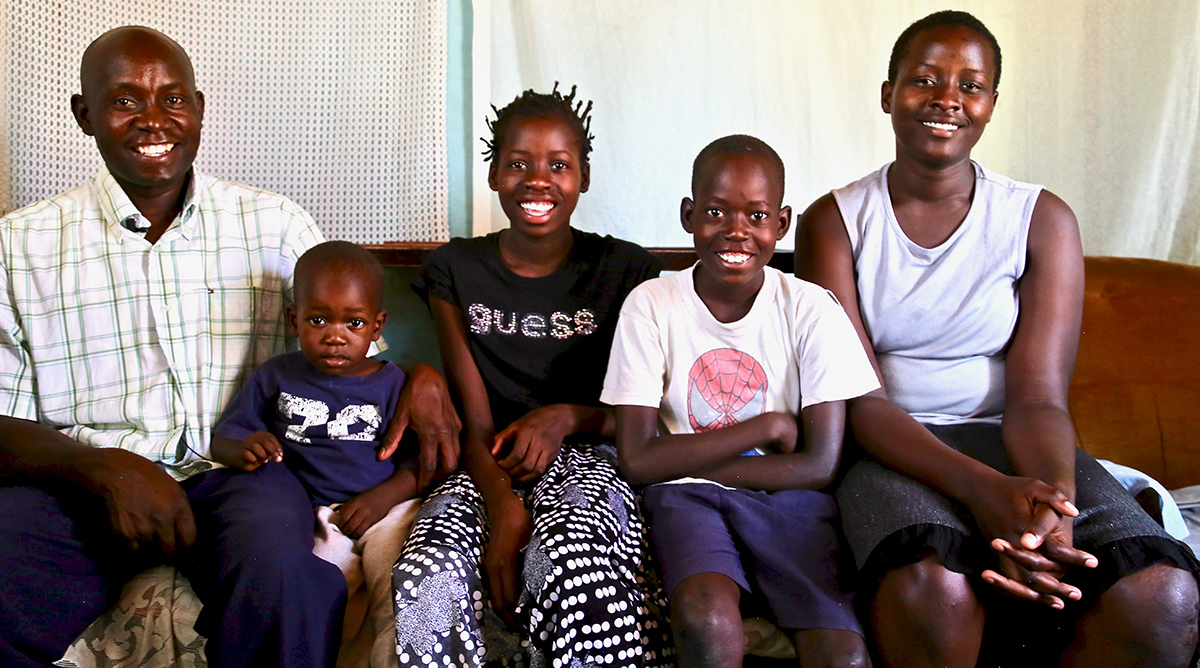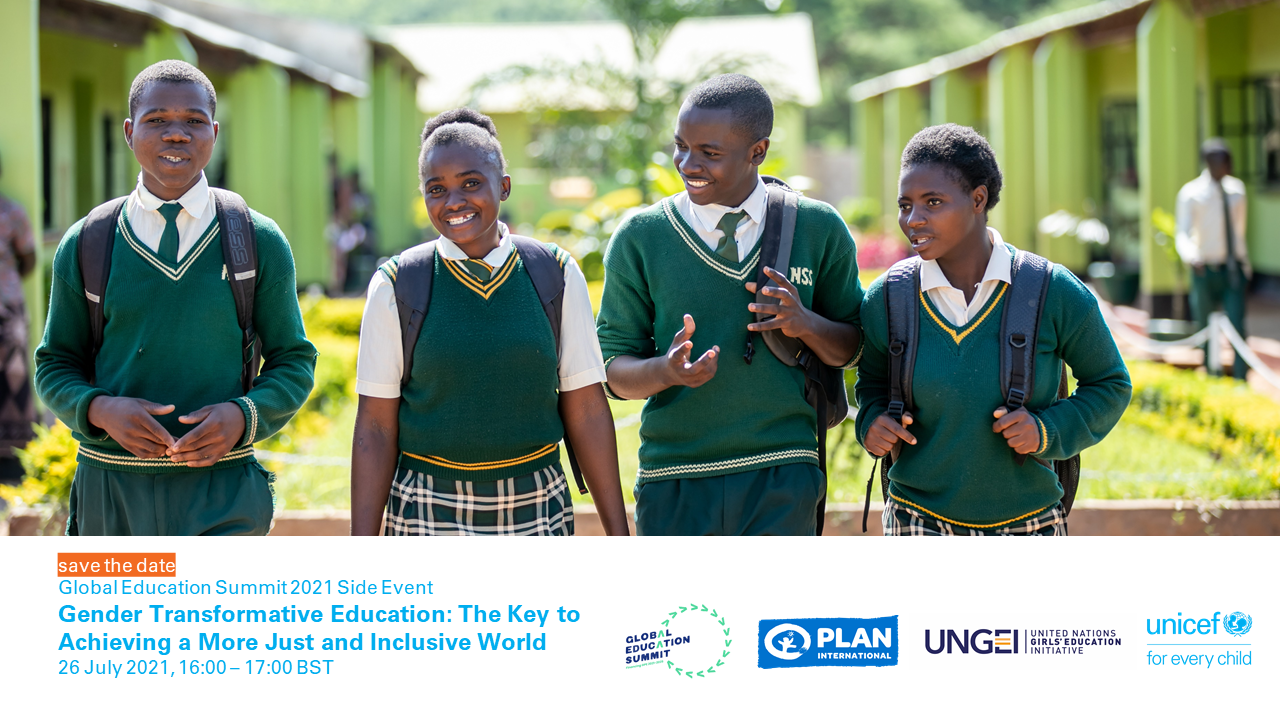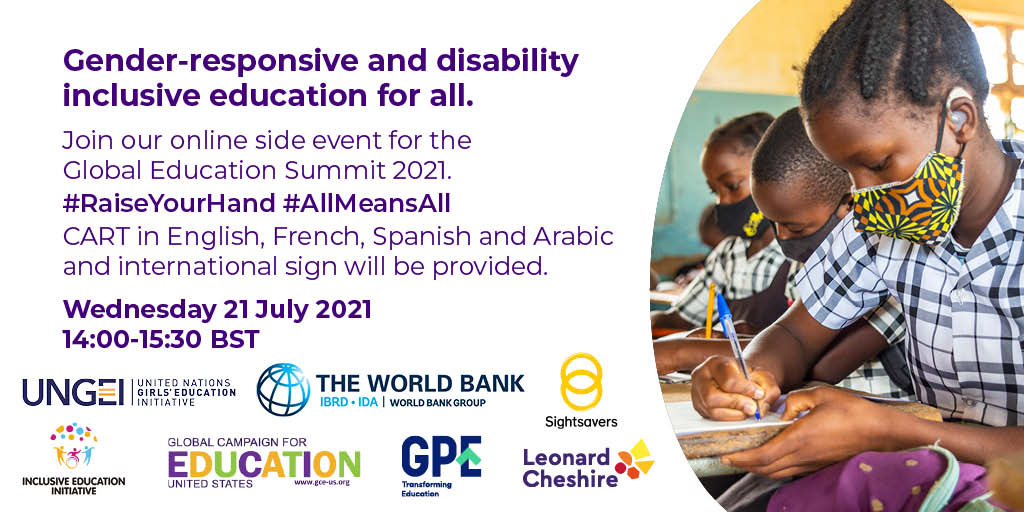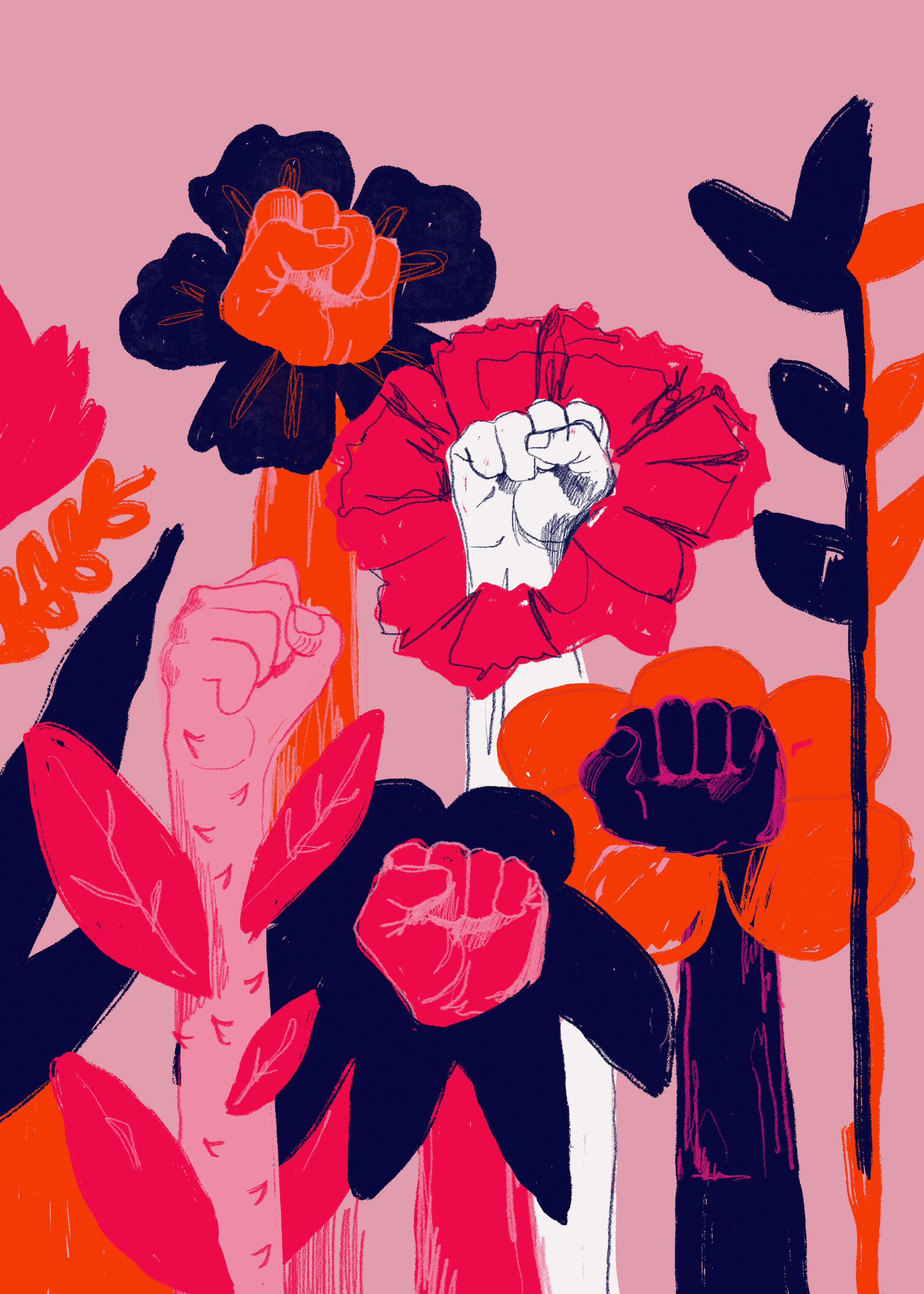“Disability is not inability” beamed Charles Omondi Ambuso, his grin so wide that everyone within reach was instantly enveloped in its warmth. Beatrice, a timid teenager I had struggled to strike up a conversation with a few moments before, beamed back — the closeness of their bond immediately apparent. At the invitation of UNGEI partner Leonard Cheshire, I had arrived that morning in Kisumu along the banks of Lake Victoria, central Kenya, to visit the charity’s Male Mentorship Programme. My mission: to document the initiative as an approach to engaging men in efforts to break barriers for girls with disabilities. Charles was my first interviewee.
Charles came to know Leonard Cheshire through Beatrice, his niece, who has a hearing impairment. Like so many girls, Beatrice faced a ‘double discrimination’ of gender and disability in education. Orphaned at a young age, her hearing problem was not identified until late, and, as a consequence, she struggled in school. As her guardian, Charles made contact with Leonard Cheshire, and the charity stepped up to provide the support Beatrice needed. As he became more active in the school’s parent support group and community outreach activities, Charles was recruited to the Male Mentorship Programme.
The Male Mentorship Programme
Charles is one of more than 60 male mentors in Kisumu county, and 250 across four counties in Kenya. Supported by the UK Department for International Development (DFID) through the Girls’ Education Challenge (GEC), the programme is designed to encourage fathers/guardians of students enrolled in Leonard Cheshire partner schools to advocate for girls with disabilities, equipping them with the knowledge and skills needed to help tackle challenges faced by girls and ultimately promote a more inclusive model of education.
Why the focus on men, I asked? Charles explained: “You know in African society… they believe that man is the head of every household.” Although the men in the community are the decision makers, he said, child rearing is left entirely to the women. As male mentors, therefore, they aim to “bring all men into a common understanding of their responsibilities” towards their children, including and especially those with disabilities. The mentors encourage the men in the community to take an active role in their children’s upbringing, and to address the issues that marginalise girls with disabilities.
Through the programme, the mentors are provided with training in parenting skills, tackling gender norms and stereotypes, addressing stigma and discrimination, and a range of other issues that make girls with disabilities particularly vulnerable in education. The mentors go on to organise their own meetings to strategise approaches and opportunities for sensitising the community around gender, disability and education — taking steps to tackle the barriers that prevent so many girls from getting the education they need.

Compassion in action
In the one day I had to immerse myself in the programme, I learned so much through the insights shared by Charles and fellow mentors Simeon Odhiambo Oluch and Policup Omondi Muga. The whole experience moved and inspired me, leaving a deep and lasting impression. Today, on International Day of Persons with Disabilities, we are releasing the short film I produced during my time in Kisumu to tell the story of the Male Mentorship Programme — the rationale, objectives and impact on the lives of girls, their families and the mentors themselves.
Although the film is programmatic in focus, what stood out to me was the zeal and dedication of the mentors themselves, and how, through the training received, they put their innate compassion into action. For each mentor, this empathy is grounded in first hand experience of the issues that girls with disabilities face, and a desire to use their male privilege to make a tangible difference in girls’ lives. Engaging with families, teachers, chiefs and other community members, the mentors are addressing deep rooted issues borne of ignorance — issues such as the perception that disability is a curse, lack of importance placed on education and gender-based violence in and around schools.
It struck me that by stepping out of the so-called ‘man box’, sharing their deep empathy and compassion for girls, Charles, Simeon and Policup are by their very words and actions rewriting the script on gender norms and stereotypes. As respected members of the community, they are role models and standard bearers for a more inclusive society, changing their communities from within. Moreover, they are helping to create the conditions through which the most marginalised have the opportunity to empower themselves through education.
Beatrice’s story exemplifies this. With the support of Leonard Cheshire, and her uncle’s unwavering belief in her, she is making progress at school and is a budding athlete. “Her disability will not hold her back”, her uncle says with pride. Some day she will bring a medal home to Kenya.


